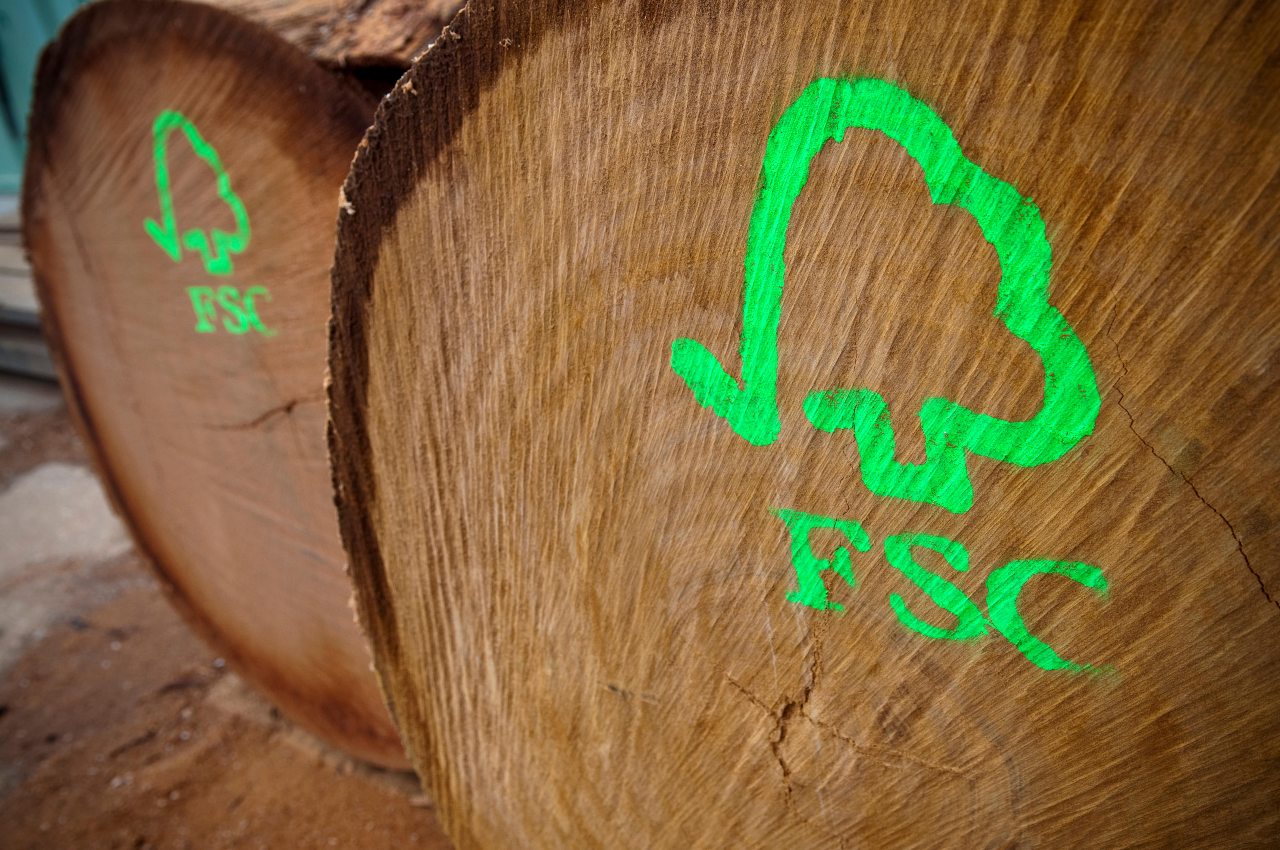
Satellite analysis of illegal clearing by PdP and sister company
Threats have reportedly been made against indigenous people
whose territory has been occupied by an oil palm company, which continues to
operate in spite of sanctions by the Peruvian government and a denouncement by
the leading palm oil certification scheme.
Plantaciones de Pucallpa (PdP) has been the subject of
suspensions, stop orders and fines by different government agencies for its
illegal deforestation of thousands of hectares of forest in indigenous Shipibo
territory.
The company now claims to have divested entirely from the
palm oil industry, but operations continue in the area it illegally
deforested and its current owners remain shrouded in mystery.
In a
statement released this week, the Forest Peoples Programme said that one
community member impacted by the plantation has recently been repeatedly
threatened and told to leave his home by individuals “with close ties to the
palm oil company and a local land trafficking mafia”.
Carlos Soria, head of the Shipibo community of Santa Clara
de Uchunya, said in a statement: “We are practically living under siege in
our own territory. Almost every day there is more expansion of the plantation
and anyone who challenges them is threatened.”
PdP has been the subject of a
long-running complaint lodged with the Roundtable on Sustainable Palm
Oil (RSPO), a certification scheme. FPP says the complaint included
“incontrovertible evidence” that the company had violated indigenous rights,
operated without an Environmental Impact Assessment, and cleared primary
forest, among other violations of both the law and RSPO statutes.
In a
letter made public in April, the RSPO said that PdP had cleared 4,489
hectares of forest before becoming a member of the scheme, but falsely declared
it had cleared none. After becoming a member in 2014 it cleared a further 1,237
hectares in violation of the RSPO’s rules.
The announcement has no tangible impact because PdP withdrew
from the RSPO in October 2016. The letter states that the findings are “of
moral and persuasive value only”.
The Peruvian Ministry of Agriculture issued a stop order
against PdP in September 2015 because it had cleared forest without the
required government approvals. PdP subsequently made the property available for
sale and now claims that it has divested entirely from the palm oil industry.
The precise ownership of the company has been hidden
behind a
complex structure and opacity since PdP’s operations were first
exposed. It remains unclear who now owns the plantation.
The Peruvian organisations that had lodged a complaint with
the RSPO urged it to denounce PdP despite the withdrawal.
Juan Carlos Ruiz Molleda, a lawyer with the Legal Defense Institute, told Mongabay: “One cannot withdraw with the complaint disappearing to anything. That is a malicious act.”



